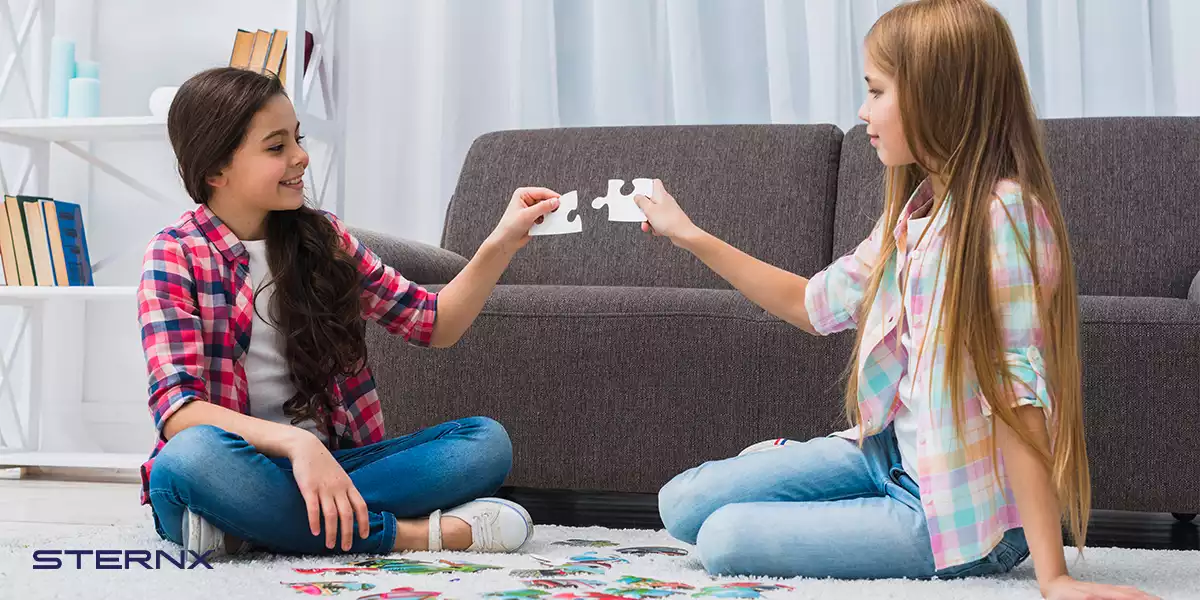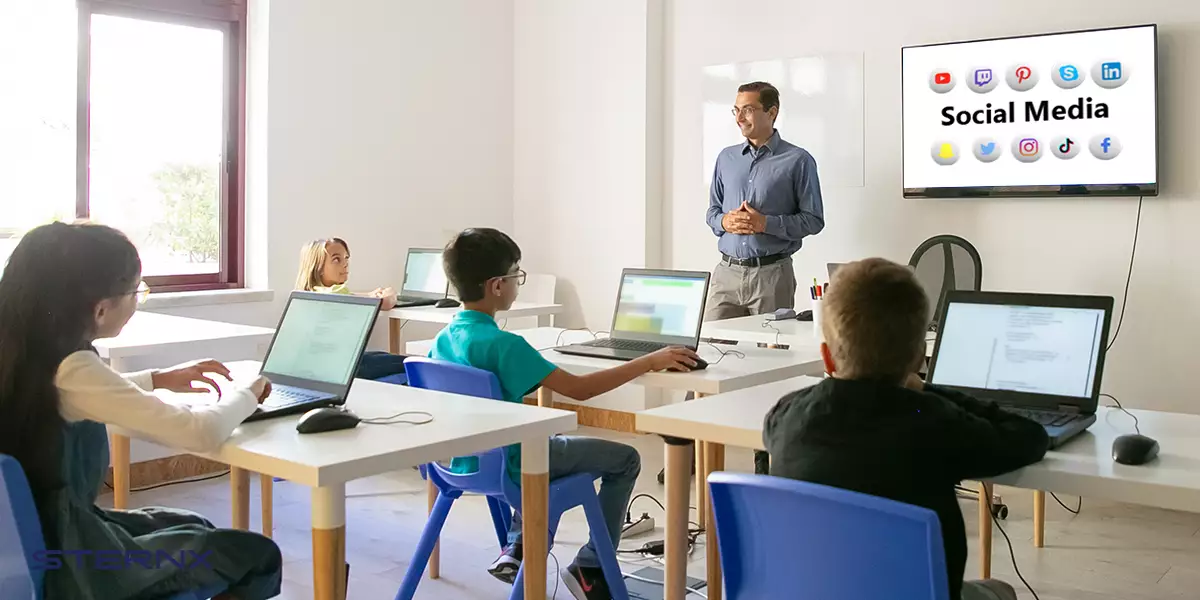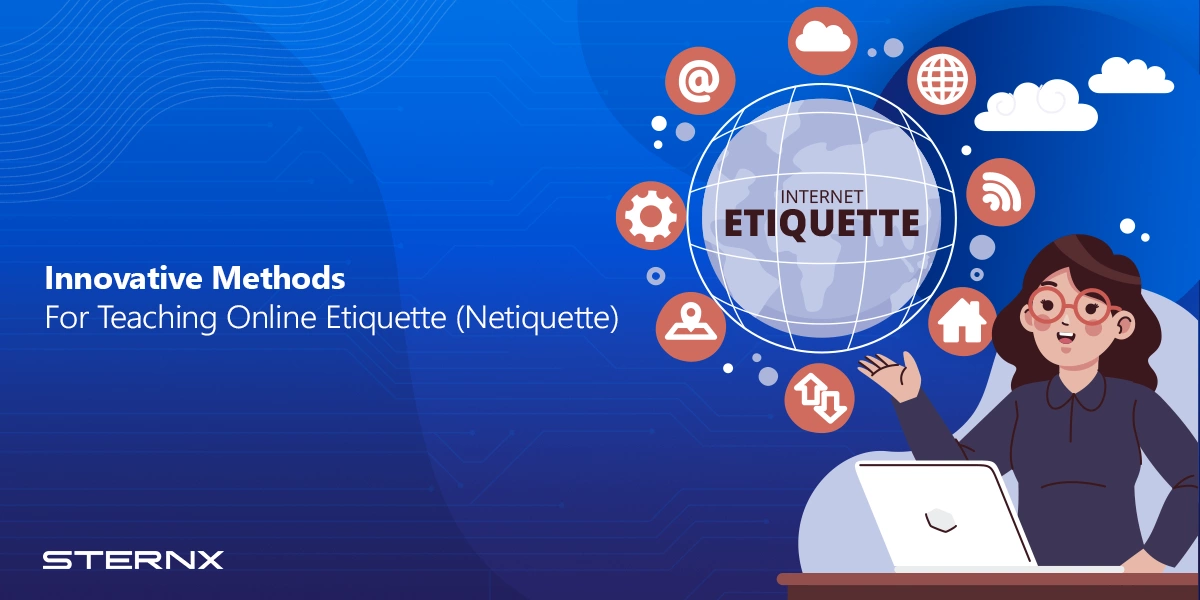In today’s digital age, online etiquette (netiquette) education is an essential part of preparing students to be responsible digital citizens. With social media, online gaming, texting, and other forms of digital communication ingrained into their daily lives, students need proper guidance on polite online behavior more than ever.
Teachers can use innovative, interactive, and multi-modal techniques to engage students in online etiquette learning. By making lessons fun and relevant, educators can ensure netiquette principles stick with students as they navigate the virtual world.
To promote digital citizenship: Netiquette education helps students become responsible and respectful members of the online community. Knowing how to behave appropriately online makes them good digital citizens.
To avoid cyberbullying: Learning proper online etiquette lays the groundwork for positive social interactions online and avoidance of cyberbullying behaviors. Netiquette teaches students to communicate in ways that minimize harm and become upstanders.
To protect privacy: Instruction in areas like avoiding oversharing personal details online and understanding privacy settings empowers students to protect their own and others’ privacy on the internet.
To build communication skills: Netiquette requires thoughtful communication skills like showing respect, avoiding harsh language, and considering the audience. These transferable skills prepare students for all forms of communication.
To cultivate empathy: Lessons about the impact of your actions and words online foster empathy. Students learn that even anonymous internet users are real people who are affected by what you share and post.
To prepare for careers: Workplaces expect employees to comport themselves professionally at all times, including online. Netiquette education gets students ready for proper digital communication in careers.
To prevent cybercrime: Scams, identity theft, hacking and other cybercrime thrive on people’s lack of internet savvy. Learning netiquette helps students avoid risky online behaviors and situations.
The internet provides amazing opportunities but also complex challenges. Comprehensive online etiquette (netiquette) instruction in schools is crucial to raise responsible digital citizens prepared to thrive online.

Table of Contents
ToggleMake Netiquette Education Interactive
Active learning activities allow students to practice online etiquette (netiquette) skills right in the classroom through roleplaying, discussions, and simulations.
Roleplaying Exercises:
Divide students into small groups and give each one a scenario depicting a common online etiquette violation, such as cyberbullying, oversharing personal information online, or spreading rumors on social media. Have groups act out the scene, then discuss how they could rewrite the interaction to reflect proper online behavior. Roleplaying builds empathy as students experience cyber ethics issues from different perspectives.
Class Debates:
Hold formal debates around netiquette topics like whether schools should monitor students‘ social media accounts or who is responsible for teaching students about online manners – parents or teachers? Debates encourage critical analysis as students defend their views on complex digital citizenship issues.
Digital Footprint Activities:
Have students investigate their own digital footprints by googling themselves and combing through social media and other online accounts for personal details. Students reflect on how their information could be misused if in the wrong hands. This impactful activity raises awareness on limiting online oversharing.
Classroom Social Media Platform:
Creating a private classroom social network where students can share posts, write comments, and report inappropriate content provides a safe space to model proper netiquette. The teacher can give direct feedback and coach students through real-time social media scenarios.

Make Online Etiquette Education Collaborative
Collaborative project-based learning allows students to co-create resources and standards for polite online communication.
Student-Generated Netiquette Guide:
Break students into small groups and have each create an original netiquette guide, brochure, poster, slideshow, or video presenting guidelines for respectful online interactions. Students take ownership of content they help produce and can peer teach online etiquette (netiquette) principles through their projects.
Parent Night:
Invite parents for a special netiquette (online etiquette) learning night. Student groups can showcase projects on proper online manners. Parents and teachers discuss strategies for enforcing good online etiquette across school and home environments. Consistent expectations amplify learning.
Public Service Announcements:
Students script and record public service announcements warning of common netiquette pitfalls like cyberbullying and oversharing private details online. Airing the PSAs over the school PA system or on a special YouTube channel spreads greater awareness on digital citizenship.
Make Online Etiquette (Netiquette) Education Relevant
Connecting netiquette lessons to newsworthy issues and pop culture that students care about increases engagement and retention.
Current Events Examples:
Pull real-life examples from the news of celebrities, athletes, or politicians making netiquette missteps on social media. Ask students to analyze the intentions and consequences of the posts and suggest better alternatives. Real-world scenarios make proper online communication relevant.
Pop Culture References:
Tie online etiquette principles into analysis of popular tv shows, songs, and gaming culture portrayals of digital citizenship. Pop culture provides a common frame of reference to ground big ideas like privacy, truthfulness, and spreading positivity online.
Scenarios Based on Student Interests:
Develop roleplaying scenarios, debate topics, and journal prompts about social media use specific to what interests students – from navigating online gaming forums to vlogging safely on YouTube. Basing activities around student hobbies boosts engagement in learning online etiquette best practices.
Equipping students with sound netiquette principles from a young age prepares them to make wise online decisions throughout their lives. Using innovative teaching approaches ensures students internalize proper internet manners. With technology rapidly evolving, a robust netiquette foundation empowers students to ethically navigate whatever digital platforms the future may hold.
